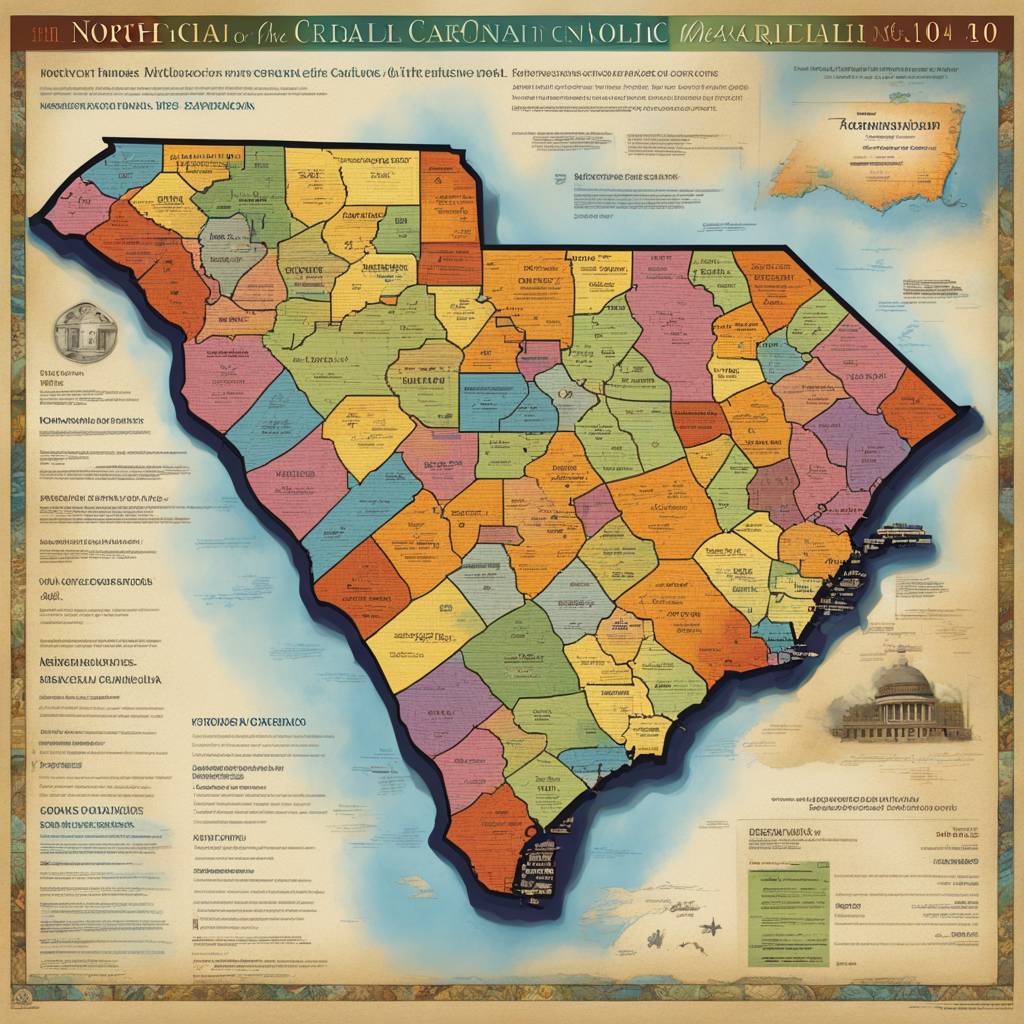Governor Roy Cooper announced that enrollment in North Carolina’s new Medicaid coverage for low-income adults has exceeded 400,000 in just four months. The coverage, which began on December 1, is for adults ages 19-64 who earn too much to qualify for traditional Medicaid. Most of the initial enrollees were individuals who previously only received Medicaid for family-planning coverage. The state has been enrolling an average of over 1,000 people per day, outpacing other states that have expanded Medicaid.
The Department of Health and Human Services projects that enrollment under the expansion will reach 600,000 within two years. To reach this goal, the DHHS is working with various health organizations and nonprofits to recruit more eligible individuals. Many of the enrollees are young adults or live in rural communities. Over 700,000 prescriptions have been filled, and more than $11 million in dental service claims have been generated by expansion recipients. Secretary Kody Kinsley emphasized that people are not just getting covered, but they are also receiving care.
Governor Cooper has been advocating for Medicaid expansion since taking office in 2017. The General Assembly, controlled by Republicans, finally enacted an expansion law in March 2023, after a separate state budget law was approved. The federal government covers 90% of the cost of expansion, with the remaining 10% covered by an increased assessment on hospitals. Enrollment in the program also means North Carolina is eligible to receive a $1.8 billion bonus over two years from the federal government, of which $198 million has already been distributed to various initiatives.
The success of Medicaid expansion in North Carolina demonstrates the positive impact it can have on the state’s residents. Governor Cooper stressed that the expansion is life-changing for many individuals and will continue to help eligible North Carolinians get enrolled in the program. The state’s efforts to enroll more individuals have been successful, with a high number of daily enrollments since the program’s inception. This success has led to millions of dollars in spending on prescriptions and dental services for expansion recipients.
The expansion of Medicaid has also benefited young adults and those living in rural communities, who often face barriers to accessing healthcare. With over 400,000 individuals already enrolled in the program, North Carolina is well on its way to reaching its enrollment goal of 600,000 within the next two years. The federal government’s financial support for expansion, along with the additional funding received by the state, has allowed for the distribution of millions of dollars to various initiatives that support public health, education, and nonprofits in North Carolina. Overall, the success of Medicaid expansion in the state highlights the importance of expanding healthcare access to low-income individuals and improving the overall well-being of the population.













